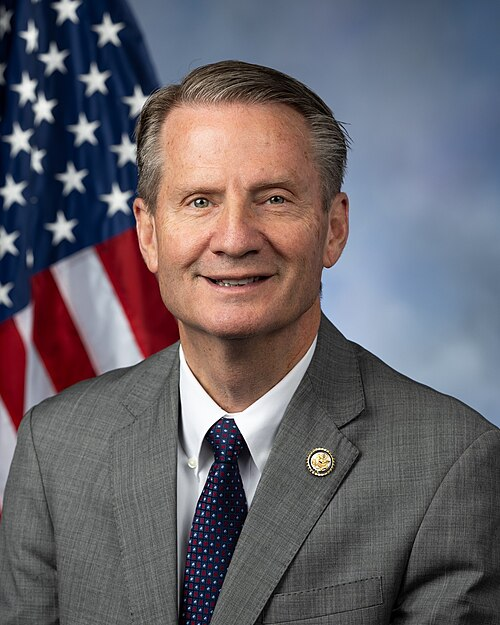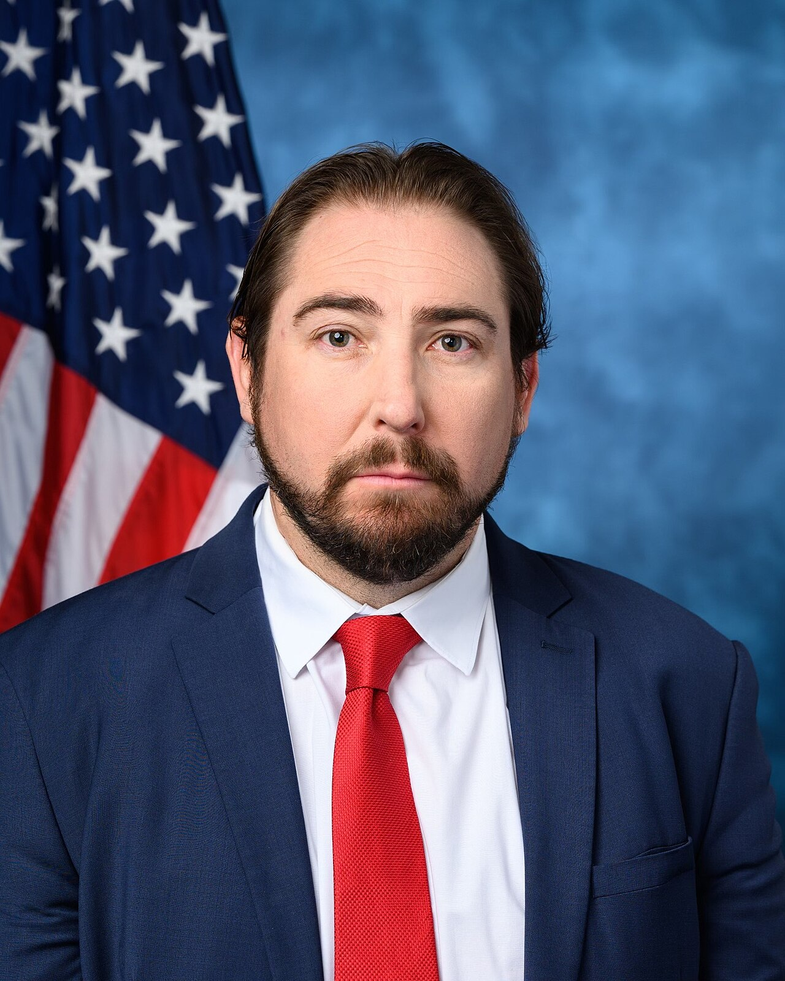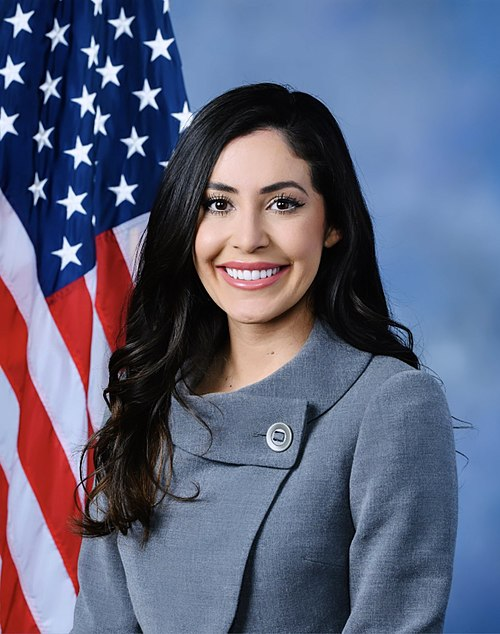H.R. 5060: UAP Whistleblower Protection Act
This bill, known as the UAP Whistleblower Protection Act, aims to enhance protections for federal employees, including military personnel and contractors, who disclose the use of federal taxpayer funds for evaluating or researching unidentified anomalous phenomena (UAP) material. The key points of the bill include the following:
1. Expansion of Whistleblower Protections
The bill modifies existing laws to ensure that federal civilian employees, members of the military, contractors, and members of the intelligence community are protected when they disclose specific information about the allocation of taxpayer funds for UAP-related activities. This includes:
- Amending Section 2302 of Title 5 of the U.S. Code to include disclosures regarding the use of federal taxpayer funds for UAP research.
- Adapting regulations concerning the Federal Bureau of Investigation (FBI) to protect disclosures about UAP funding.
- Adjusting the Department of Defense (DOD) policies to include similar protections for its personnel, including military contractors.
- Extending protections to federal civilian contractors through amendments in Title 41 of the U.S. Code.
- Updating provisions in the National Security Act of 1947 to encompass disclosures related to UAP-related funding.
2. Targeted Audience for Protections
The bill explicitly applies to:
- Federal civilian employees across various departments.
- Members of the Armed Forces.
- Contractors working for the Department of Defense.
- Civilians working as contractors for federal agencies.
- Employees within the intelligence community.
3. Objectives of the Bill
The main objective of this legislation is to encourage transparency by ensuring that individuals who report potential misuse of taxpayer money related to UAP research can do so without fear of repercussions. By reinforcing protections for whistleblowers, the bill aims to foster an environment where federal employees feel safe to speak out about wasteful or questionable government spending, particularly in connection with UAP-related projects.
4. Legislative Process
The bill was introduced in the House of Representatives and has been referred to several committees, including:
- Committee on Oversight and Government Reform
- Committee on Armed Services
- Committee on Intelligence (Permanent Select)
These committees are expected to evaluate the provisions of the bill according to their areas of jurisdiction.
5. Impact and Implementation
If passed, this bill could result in increased reporting of UAP-related activities by federal employees due to improved protections against retaliation. The exact implementation details and how these changes will be enforced are to be determined following the bill's advancement through the legislative process.
Relevant Companies
None found
This is an AI-generated summary of the bill text. There may be mistakes.
Sponsors
3 bill sponsors
Actions
2 actions
| Date | Action |
|---|---|
| Aug. 29, 2025 | Introduced in House |
| Aug. 29, 2025 | Referred to the Committee on Oversight and Government Reform, and in addition to the Committees on Armed Services, and Intelligence (Permanent Select), for a period to be subsequently determined by the Speaker, in each case for consideration of such provisions as fall within the jurisdiction of the committee concerned. |
Corporate Lobbying
0 companies lobbying
None found.
* Note that there can be significant delays in lobbying disclosures, and our data may be incomplete.
Potentially Relevant Congressional Stock Trades
No relevant congressional stock trades found.


